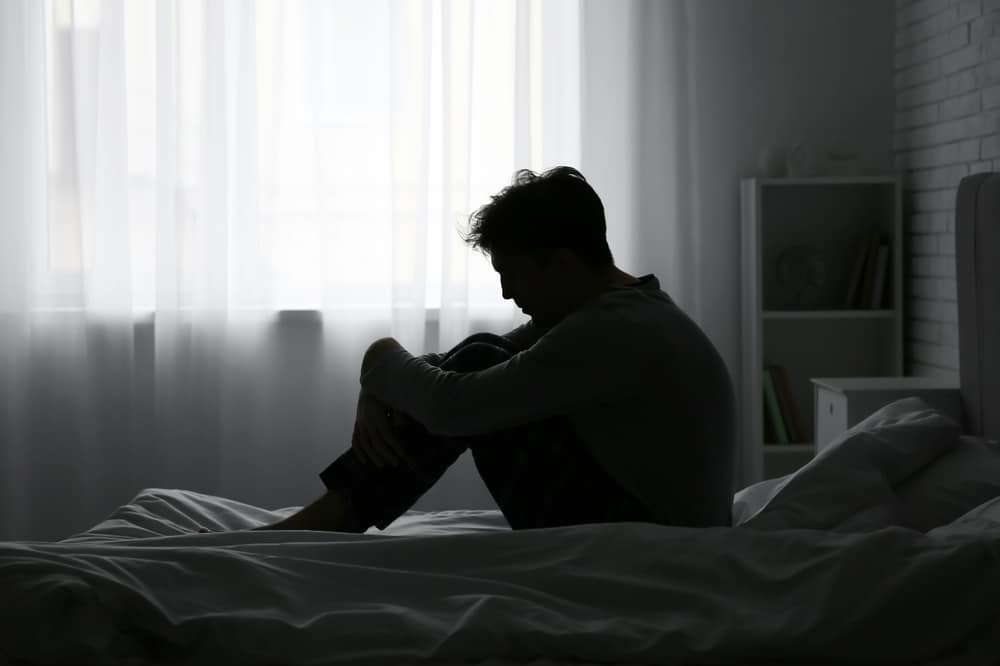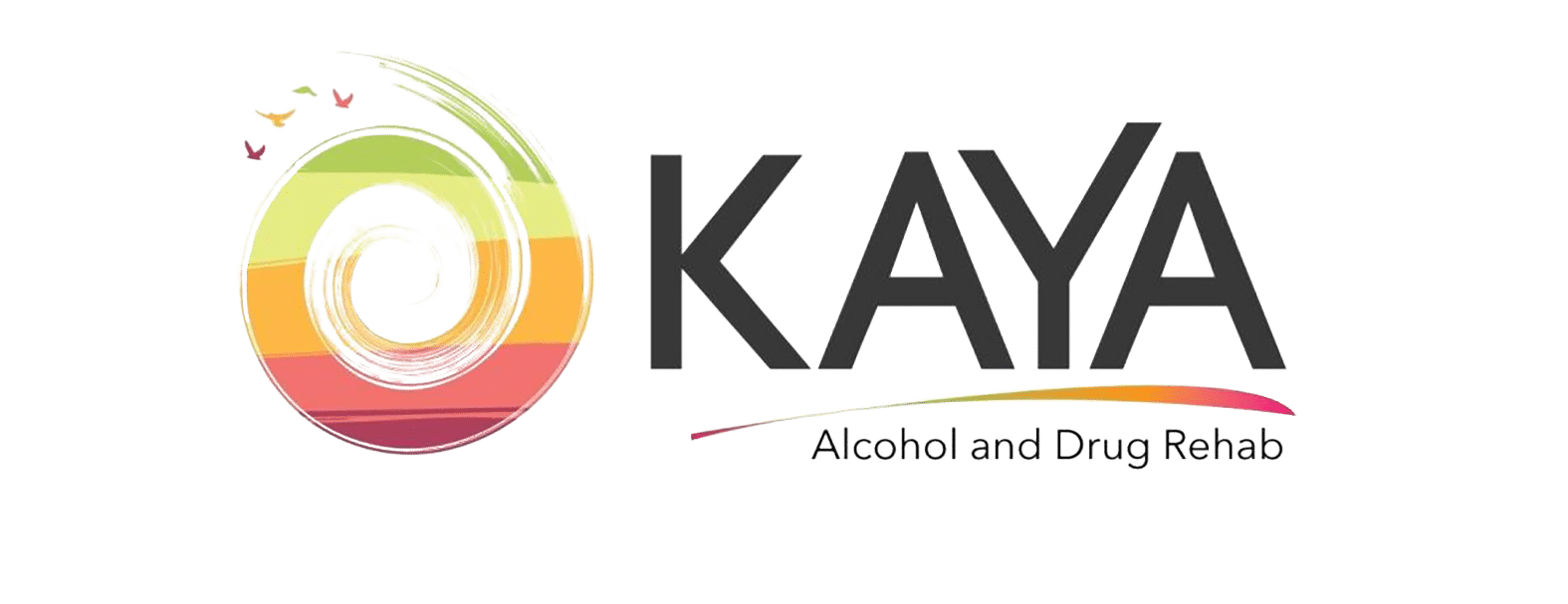
Every morning, most of us wake up already feeling the weight of the day before it even begins. For someone battling addiction, that weight can feel even heavier — the quiet shame after a relapse, the anxiety of facing another day sober, or the loneliness that lingers even in a crowded room.
Stress, guilt, and self-doubt often blend into one quiet ache beneath the surface. Over time, that ache becomes familiar — almost normal. We tell ourselves “I’ll do better tomorrow” or “I can handle this,” yet deep down, we’re exhausted from carrying it alone.
The truth is, everyday stress and emotional pain deeply affect mental health, especially for those who are trying to rebuild their lives. But acknowledging that burden is not weakness — it’s the beginning of healing.
Stress doesn’t always show up in loud or dramatic ways. Sometimes it’s the quiet tension that follows you throughout the day — the pressure to stay clean, the fear of disappointing loved ones, or the frustration of trying to make things right again.
Even small, daily triggers — a familiar smell, a past memory, a broken promise — can stir up inner turmoil. And while others might see someone “doing better,” the mind can still be fighting silent battles. For those in recovery, everyday stress isn’t just about external problems — it’s about the internal fight to stay steady when the world feels unpredictable. Without proper support, that stress can build into anxiety, irritability, or even relapse. That’s why understanding and managing it with awareness is essential.
When stress lingers day after day, it changes how the body and mind function. The brain becomes wired for survival — always alert, always ready to defend — even when there’s no immediate threat.
Over time, this constant tension can lead to: restlessness and anxiety, sleep problems, emotional numbness, physical pain and exhaustion. Chronic stress doesn’t just exist in the mind; it lives in the body, in every heartbeat and breath that carries the weight of survival. Recognizing it is the first step to releasing it.
Many people in recovery carry an unspoken rule — to appear strong, grateful, or in control. It’s easy to say “I’m okay” because admitting struggle feels like failure. But pretending to be fine doesn’t protect us; it isolates us.
Suppressing emotions doesn’t build strength — it builds pressure. Healing begins when we allow ourselves to be honest about our pain. At KAYA Rehab, we believe that recovery is not about perfection but about truthfulness. The courage to say, “I’m not okay, but I’m trying,” is a powerful act of self-respect. When we speak our truth — even quietly — we begin to break the cycle of shame that stress and addiction create.
Ways to Manage Everyday Stress and Protect Your Mental Health
Managing stress in recovery takes patience and compassion. Healing isn’t linear — and that’s okay. Here are small but powerful ways to ease the daily load:
Pause before reacting. Take a few deep breaths when stress hits. It helps your mind choose response over impulse.
Ground yourself in the present. Focus on what you can control right now, not what you can’t change.
Talk to someone you trust. Whether it’s a counselor, sponsor, or loved one — sharing your thoughts can make heavy emotions lighter.
Forgive yourself daily. Healing includes forgiving your past, one day at a time.
Rest and nourish your body. Sleep, food, and hydration are not luxuries — they are foundations of recovery.
Seek professional help when needed. Therapy or guided support can teach new ways to manage stress and prevent relapse.
Each small choice to care for yourself — even when it’s hard — is a victory.
We all carry invisible weights. For some, it’s the burden of mistakes; for others, it’s the fear of repeating them. But healing doesn’t come from carrying those burdens longer — it comes from learning to put them down.
At KAYA Rehab, we believe that mental health and recovery are not just about avoiding pain, but about rediscovering peace, balance, and purpose. Every person deserves the chance to heal with dignity, to be understood without judgment, and to find strength again in their story.
You don’t have to carry the quiet weight alone. Healing begins the moment you decide to face it — and we’re here to walk with you through it.




